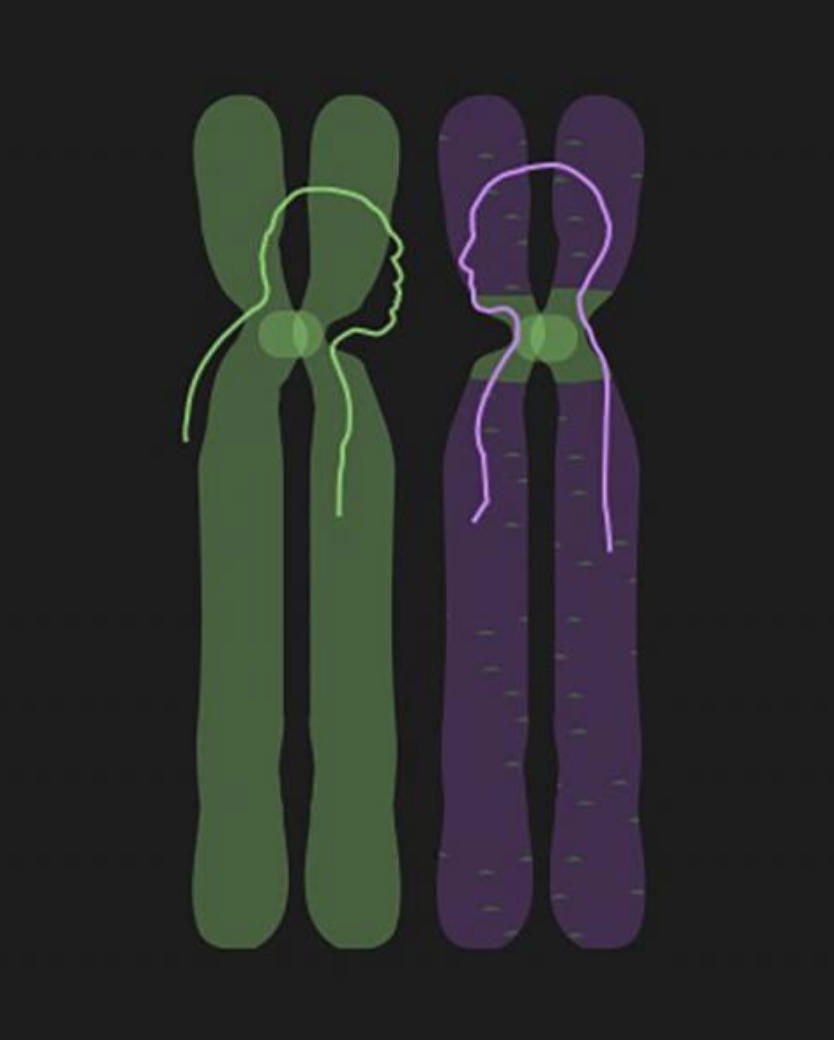
A new study co-authored by MCB Professor Gary Karpen describes how the human DNA in centromeres, the central areas of chromosomes, has survived largely unchanged for hundreds of thousands of years.
Because they do not participate in the “crossover” process that occurs when cells divide to form sperm or eggs, centromeres may preserve very ancient stretches of DNA. The researchers found that some DNA at our centromeres may have originated in populations of Neanderthals and ancestral hominids from before modern humans migrated out of Africa.
This research may also provide a way of better understanding the functional importance of chromosomal crossover in sexually-reproducing organisms.